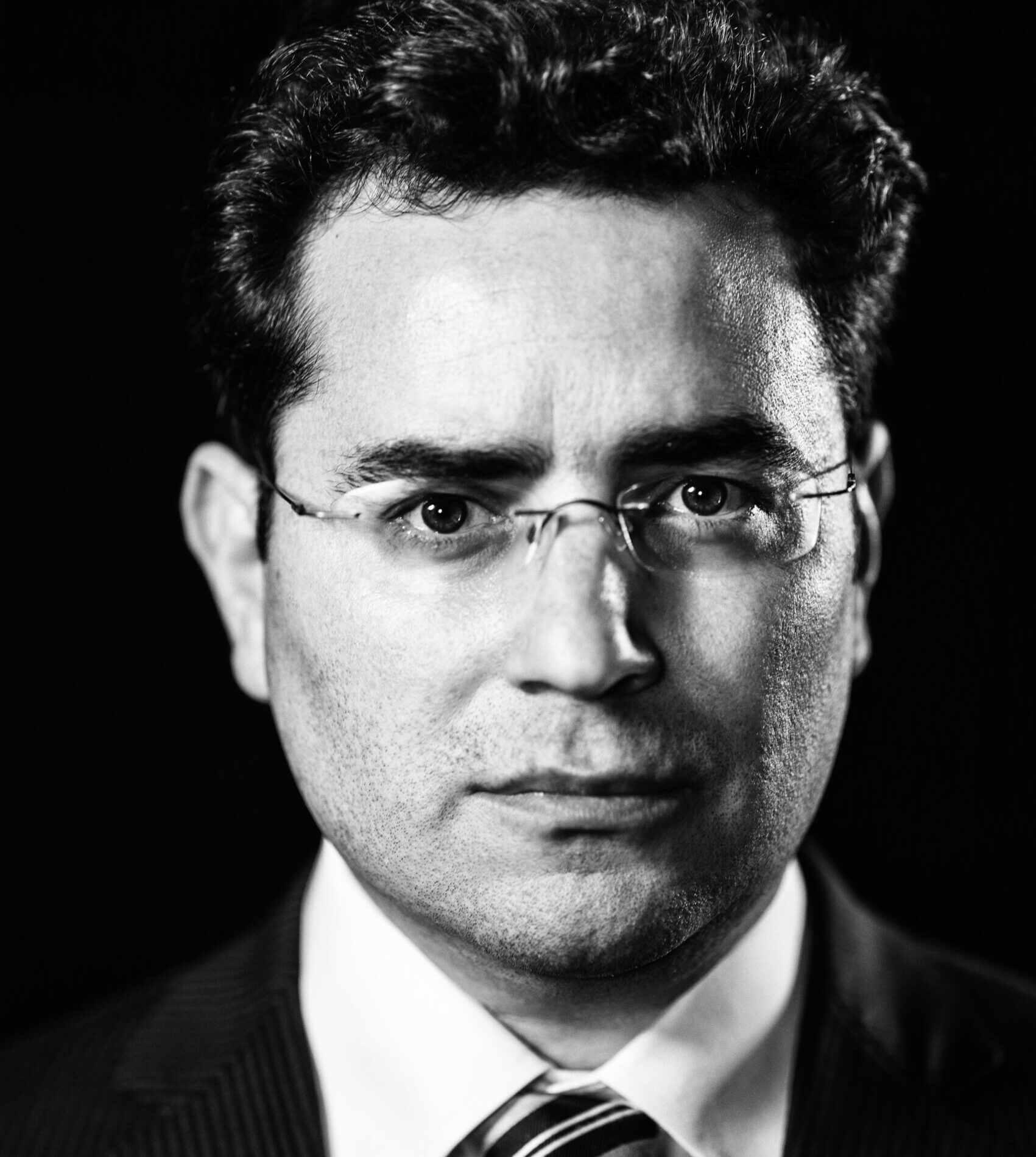Sign up for weekly new releases, exclusive access to live debates, and Open to Debate’s educational newsletters.
- Debates
Features
Topics
Upcoming debates
-
-
-
As President Trump signs the One Big, Beautiful Bill Act into law, not all conservatives are behind it. This sweeping budget reconciliation package revives key elements of the 2017 Tax Cuts and Jobs Act, overhauls spending on Medicaid, green energy, and immigration, and raises the debt ceiling by $5 trillion. Supporters call it a bold push for economic growth and renewed American leadership, crediting it with preserving Trump-era tax cuts and encouraging investment. But not everyone on the right is convinced. In this episode, we’re not asking what Democrats think—we already know. Two conservatives. One controversial bill. Where do they align, and where do they draw the line? With two House Republicans voting “no” and the Congressional Budget Office projecting a $2.8 trillion increase to the deficit over the next decade, some on the right are raising concerns about fiscal responsibility and long-term consequences. So—is the Big, Beautiful Bill a strategic investment in America’s future—or a step too far for limited-government conservatives?Friday, July 18, 2025
-
- Insights
- About
-

SUPPORT OPEN-MINDED DEBATE
Help us bring debate to communities and classrooms across the nation.
Donate
- Header Bottom



















JOIN THE CONVERSATION